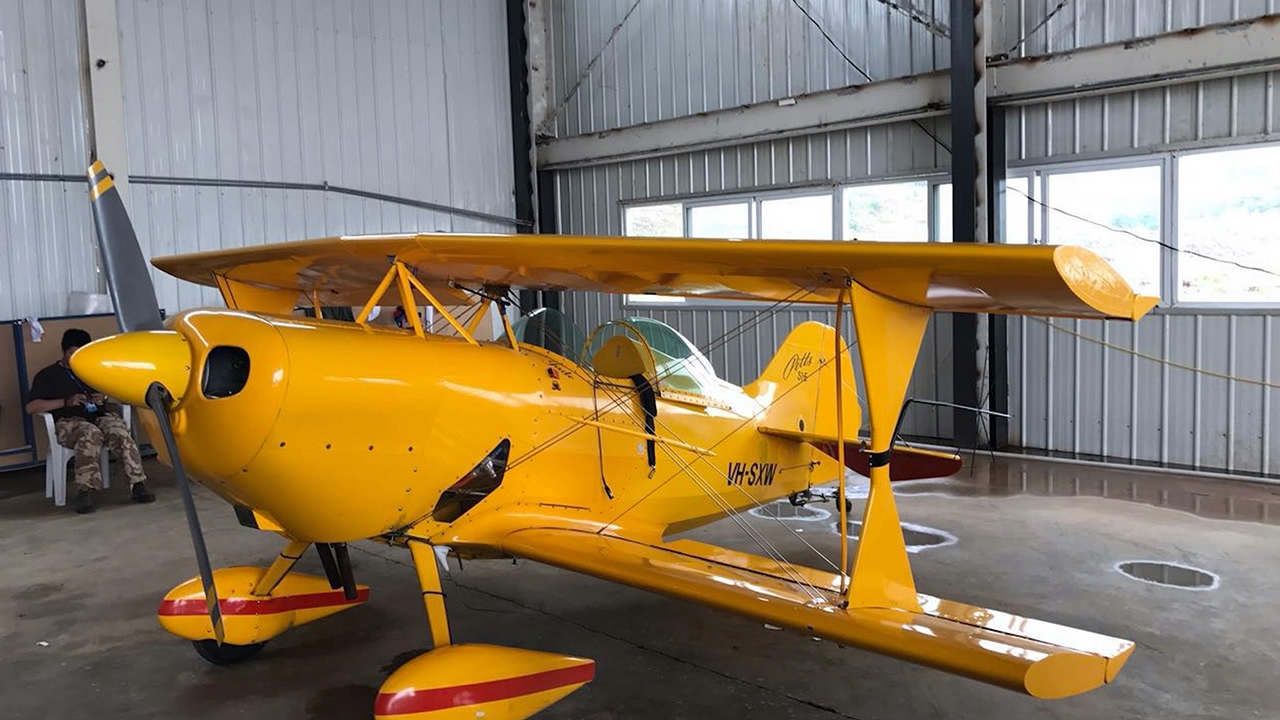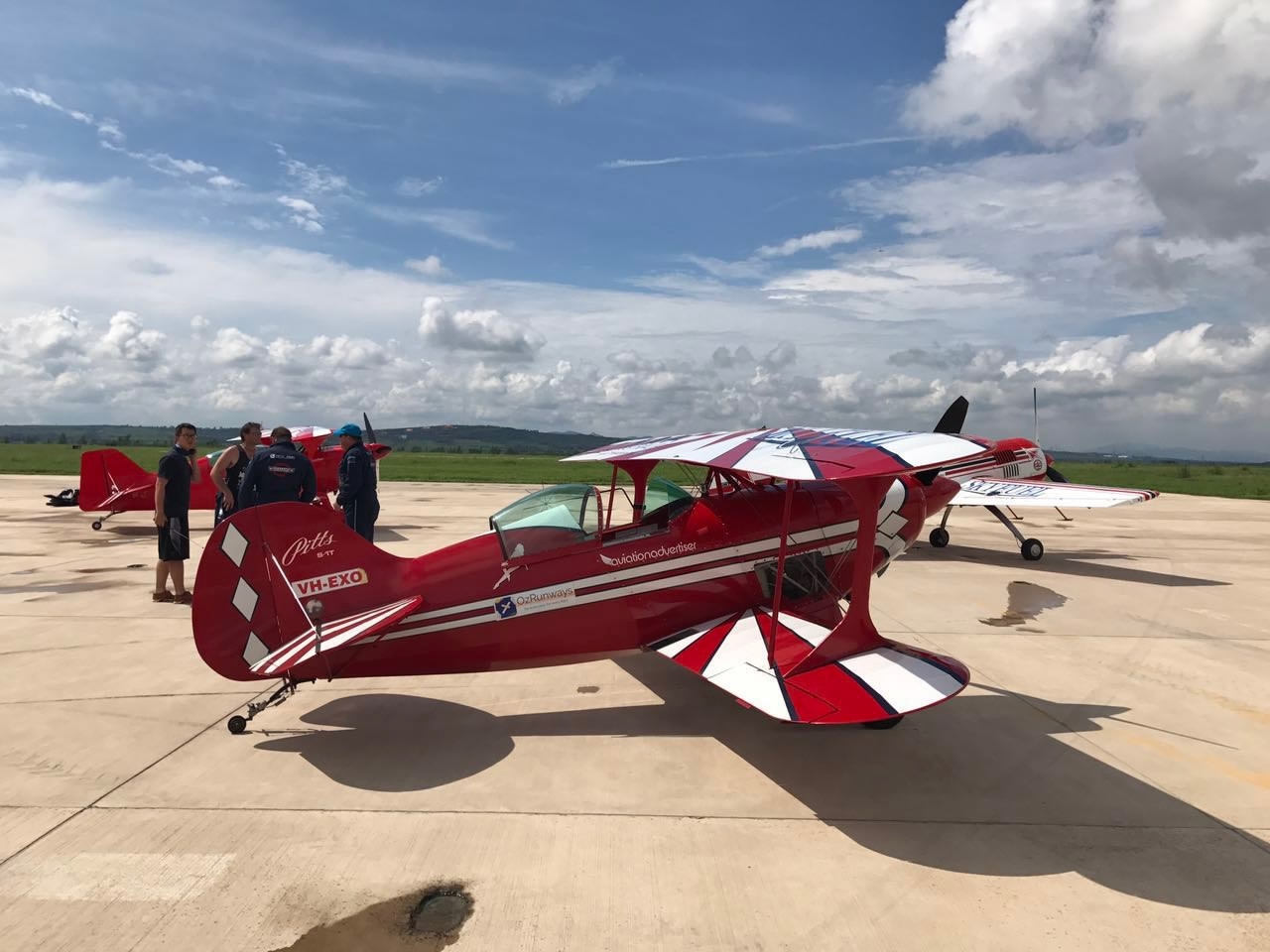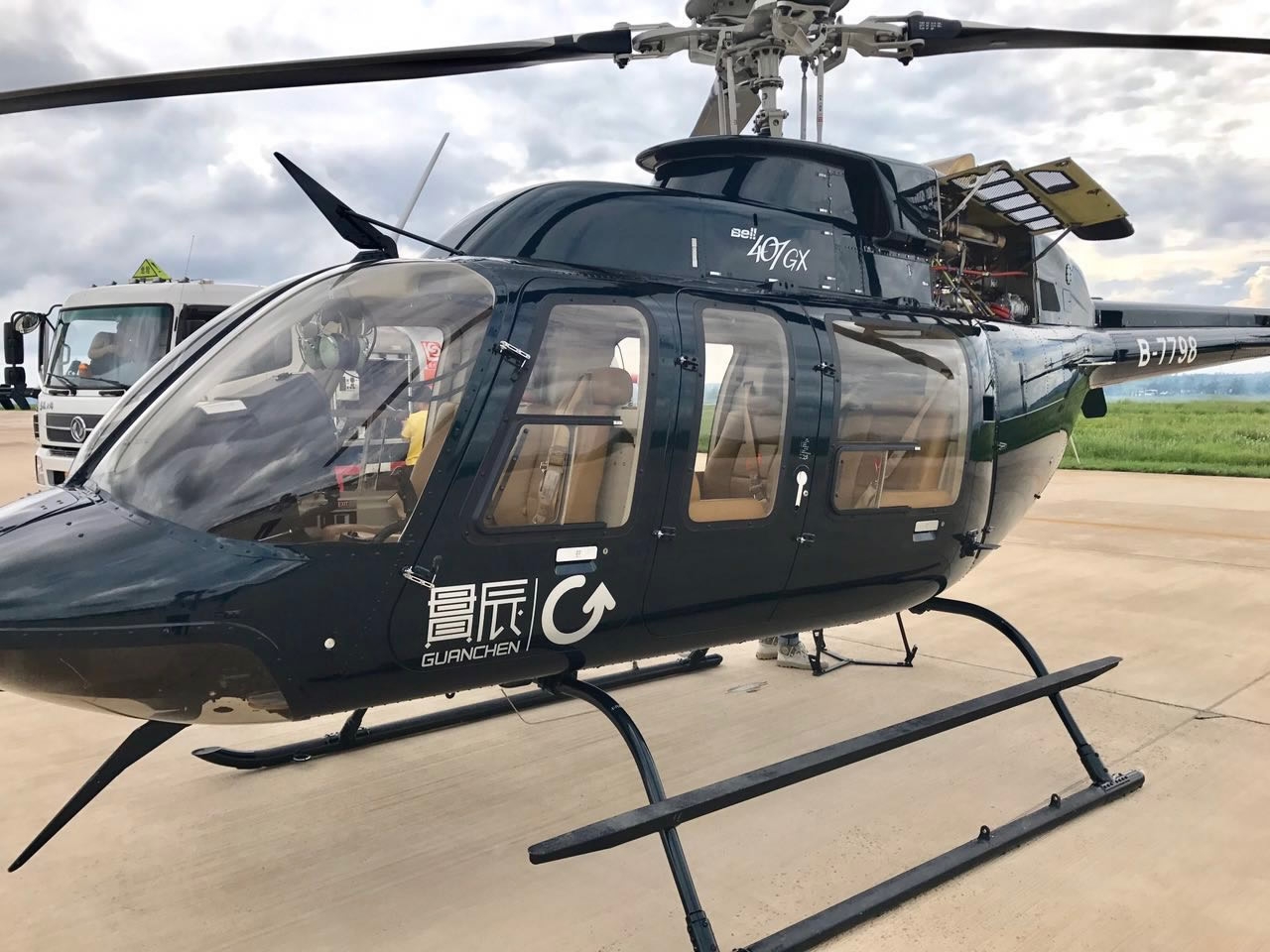
Culture
19:41, 19-Aug-2017
Experts confident of China general aviation industry's swift take off
By Cui Hui'ao

General aviation contributes billions of dollars in markets like the US and Europe, but in China, it's just taking off.
Compared to many western countries, getting a private pilot's license and becoming a pilot in China is not so easy. It can cost more than 200,000 RMB alone for training – nearly triple the amount one would pay in New Zealand.
The hurdles don't end there, as numerous restrictions exist. Limited airspace, rigid registration rules, as well as a shortage of supporting infrastructure, are all major obstacles.

CGTN Photo
CGTN Photo
However, at the 6th Faku Airshow in Liaoning Province, industry experts have expressed their optimism about the industry’s potential to thrive.
He Biao, Chief Pilot of the Henan Guanchen General Aviation said, “People always talk about restrictions, but they don’t realize that the hurdles are slowly being removed. For example, many areas in the country are experimenting with opening up low-altitude airspace, and for pilot training, the door is now open to short-sighted learners, which was not the case before. Each year our academy trains dozens of pilots, and that number is still growing.”
China plans to construct 300 new general aviation airports by 2020, more than doubling the current number in the country. Xu said that almost every county in Henan, where he is from, is planning to build an airfield for general aviation. And here at Caihu Airport, where the air show is being held, few restrictions are being imposed on low-altitude flying.
Trainee pilots can fly freely below 1000 meters in a radius of 10 kilometers.

CGTN Photo
CGTN Photo
“There is a lot of potential for general aviation in this country, whether for agricultural, military or medical use. The government has huge demand for general aviation services too. As a core component of the national aviation industry base, Faku aims to not only become the center of general aviation in Liaoning Province, but also set general aviation as the new engine to drive the local economy within three to five years,” said Liu Guoyin, Deputy Director of Shenyang General Aviation Industrial Base.
The airport plans to expand its current runway to meet requirements of training regulations for commercial pilots, while applying for bigger airspace, as well as becoming the country’s first airspace for drones.

SITEMAP
Copyright © 2018 CGTN. Beijing ICP prepared NO.16065310-3
Copyright © 2018 CGTN. Beijing ICP prepared NO.16065310-3